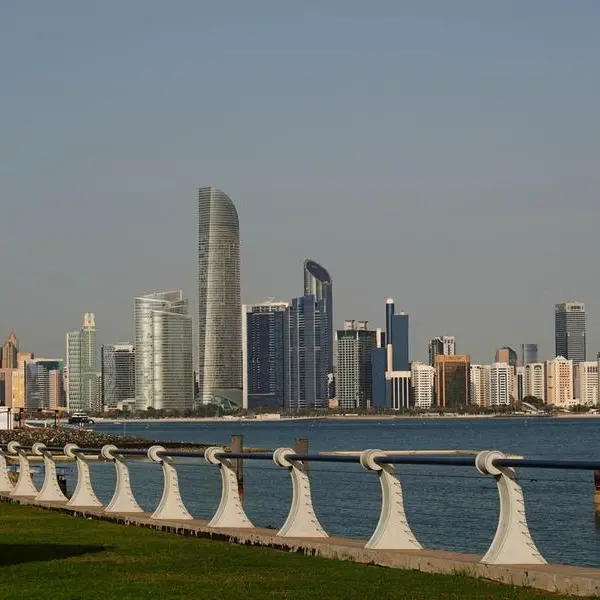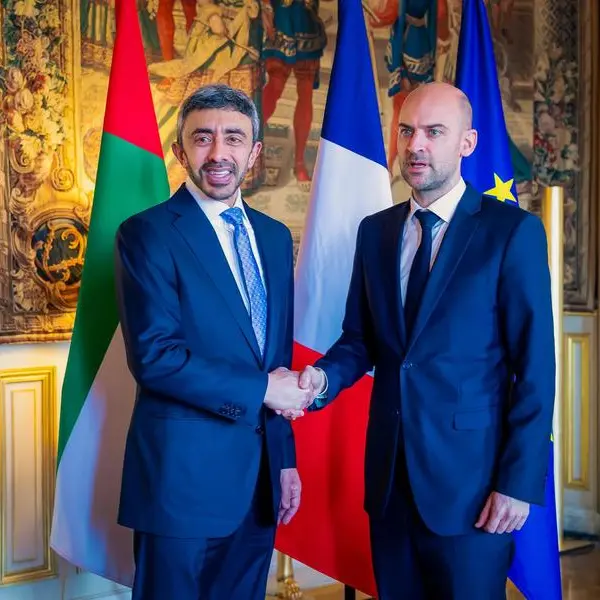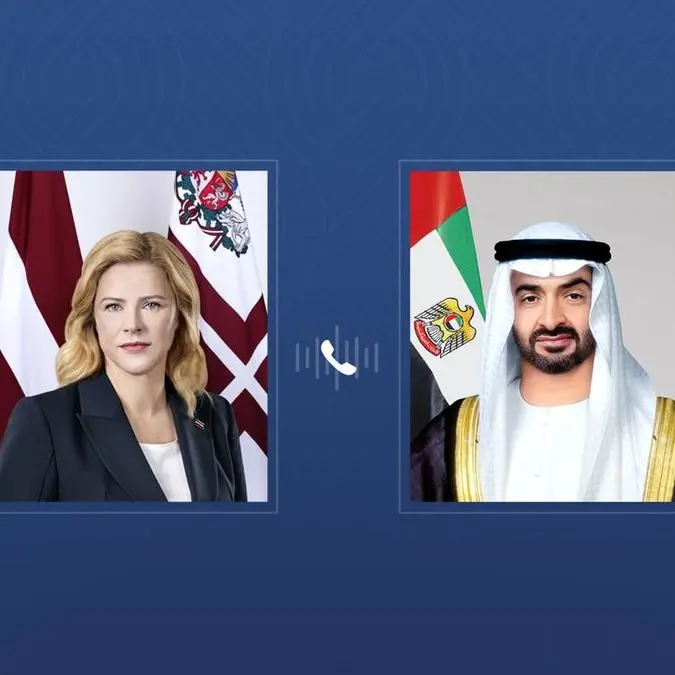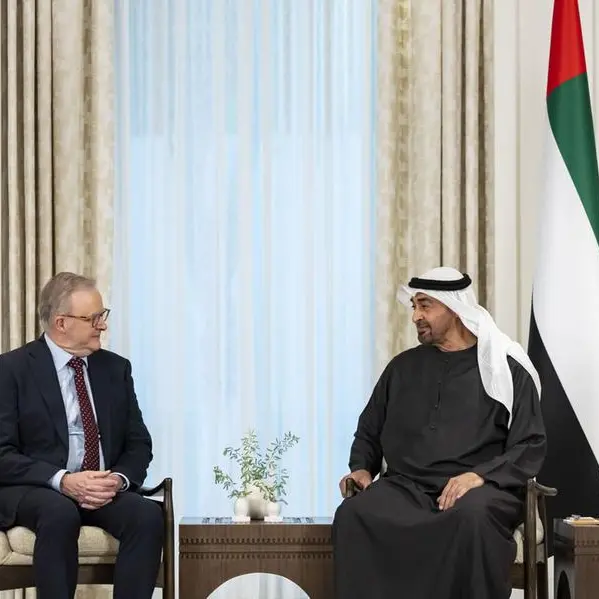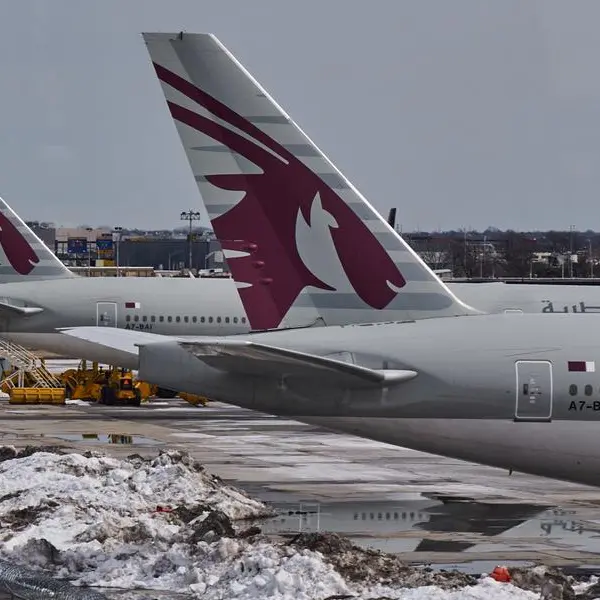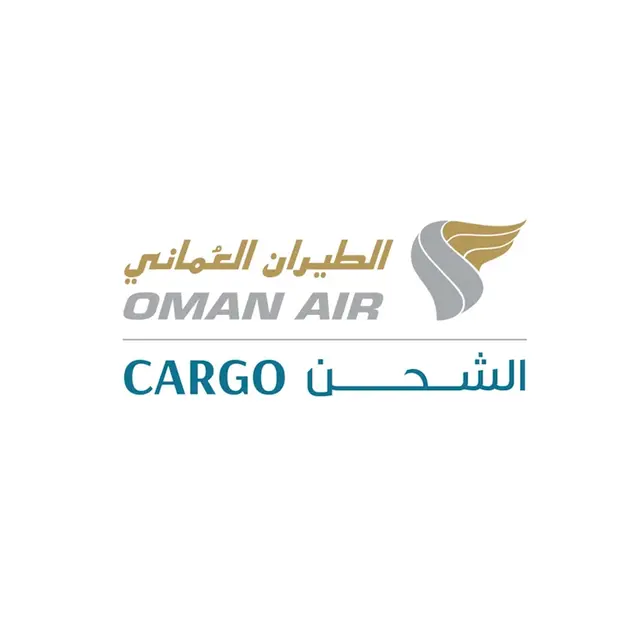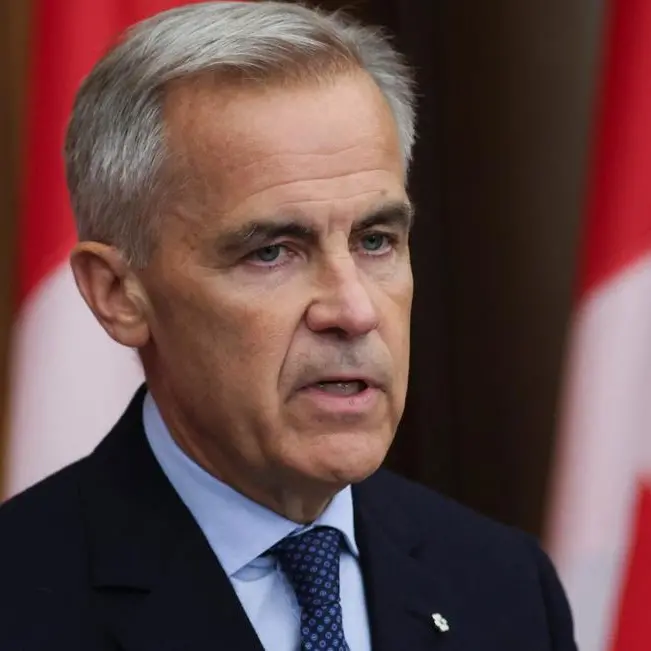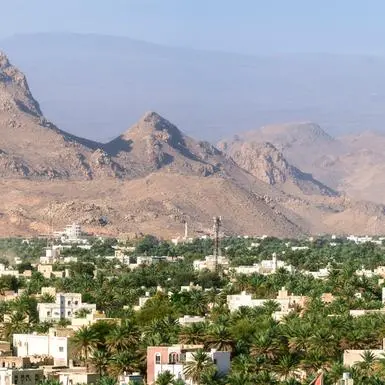PHOTO
Dubai has been fast transitioning towards a knowledge-based economy as the emirate is creating more white-collar jobs for professional and skilled employees than blue-collar workers in the past few years.
While speaking during a panel discussion at the annual general meeting of Dubai Future District Fund (DFDF), Christian Kunz, chief strategy innovation, ventures officer of DIFC Authority, said between 2018 and 2022, the number of jobs in business and finance sectors have grown by 500,000 while the number of jobs for construction workers grew by 300,000.
“We are seeing a shift towards a knowledge-based economy,” Kunz said during the discussion.
The UAE government has introduced a number of initiatives such as visa reforms, encouraging the adoption of new technologies such as artificial intelligence and metaverse etc. and Golden Visas for 100,000 coders to attract the world’s best talent to the country which would expedite the process of making the UAE as a knowledge-driven economy.
Khalfan Belhoul, CEO of Dubai Future Foundation and chairman of DFDF, said the emirate’s visionary leadership insists to invest in the digital economy and Fourth Industrial Revolution.
“In order for us to be a city and country that is driving the future, we need to invest in those technologies and innovation. Our role is to catalyse innovation ecosystem which means we look at job creation and fund gaps that the private sector is struggling with,” Belhoul said.
IP capital hub
During the panel discussion, Mohammed Shael Alsaadi, CEO, Dubai Corp. for Consumer Protection and Fair Trade, said the emirate aims to become the capital of intellectual property (IP) registration.
“We would like Dubai to be the capital of IP registration. We also protect consumers who are dealing with the city and like them to have trust. The emirate looks at not just fair trade but also settling disputes among businesses that don’t find mutual ground to start with. The government tries to improve relations between different domains,” he added.
The newly-formed Dubai Corp. for Consumer Protection and Fair Trade looks at forming policies to enrich relations between government and private sectors.
Fadi Ghandour, chairman of Wamda and founder of Aramex, said startups need capital markets and a regulatory environment that enables them to get the ground running but that has not been the case.
“The friction is still there. There are efforts but they are not enough. We want to run very seriously and fast in a crazy global environment. There needs to be a dialogue between venture capital investors, governments, regulators and startups,” added Ghandour.
Copyright © 2022 Khaleej Times. All Rights Reserved. Provided by SyndiGate Media Inc. (Syndigate.info).

